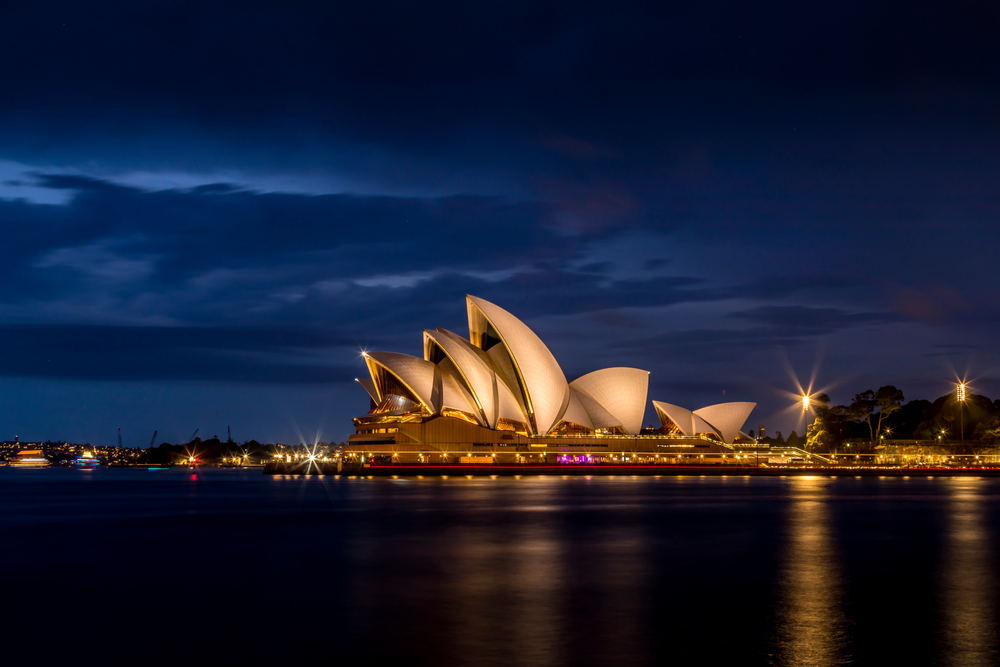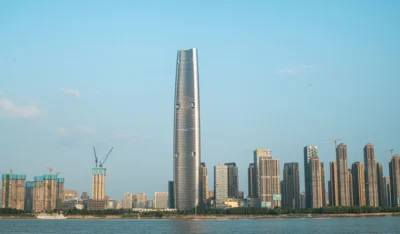Australia reopens its borders on 21 February
Approximately 80 percent of Australia’s population is fully vaccinated

On 7 February, the Prime Minister of Australia, Scott Morrison, announced that the country will be reopened to fully vaccinated visa holders starting 21 February. This means that tourists and business travelers will be welcome to visit Australia as long as safety requirements are met.
Late last year, Australia opened its borders to New Zealand, Singapore, Japan, and South Korea, as well as to overseas students and economic migrants.
“The condition is, you must be double vaccinated to come to Australia,” Morrison said during a news conference. “That’s the rule. Everyone is expected to abide by it.”
According to NPR, Home Affairs Minister Karen Andrews emphasised that to enter the country, visa holders who have not been completely vaccinated will need a travel exemption and will be subjected to state and territory quarantine regulations upon arrival. She also noted that they will have to show proof that they are unable to get vaccinated due to a medical condition.
Now that Australia is reopening its borders, where does it stand in terms of economy?
Business Insider Australia shared that the country’s economy is expected to increase by 3.6 percent throughout the year. Deloitte Access Economics revealed that the economy will be driven by growth in the Northern Territory and NSW, where they are reported to rise by 6.9 percent and 5.2 percent, respectively.
More: Australia bounces back as office space demand increases in 2022
In this year’s global economy, the economies with the highest triple vaccination rates will experience the most growth, said Deloitte partner Chris Richardson. He added, “Australia is now much more match fit for fighting COVID: we’re well vaccinated, we’ve got the hang of juggling lockdowns and other COVID challenges, and we’re cashed up with dollars left over from when the pandemic meant that money couldn’t readily be spent.”
The country has seen a drop in COVID-19 cases in early January. To date, approximately 80 percent of Australia’s population is fully vaccinated.
The Property Report editors wrote this article. For more information, email: [email protected].
Recommended
6 developments driving Asia’s green real estate shift
Developers are being incentivised to push a green agenda into daring new realms
The Philippines’ LIMA Estate drives sustainable industrial growth
LIMA Estate models a citywide vision that uplifts workers while appealing to climate-conscious employers
Malaysia property market rebounds with foreign interest and growth
The nation’s property market is stirring to life, fuelled by foreign buyers and major infrastructure drives
China’s renewable energy surge redefines housing norms and development
From exporting solar panels to building entire green-powered neighbourhoods, China’s renewable surge is redefining housing norms







